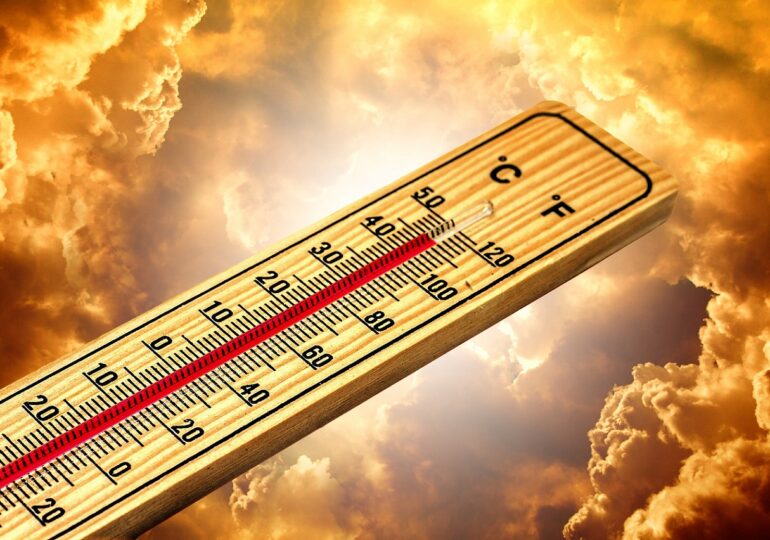Approximately 2,300 people died from heat-related causes in 12 European cities during the heatwave that ended last week, according to a study.
The analysis focused on the 10 days ending on July 2, during which large parts of Western Europe were affected by extreme heat, with temperatures exceeding 40 degrees Celsius in Spain and vegetation fires in France, Reuters reports.
The study was conducted by scientists from Imperial College London and the London School of Hygiene and Tropical Medicine and covered 12 cities, including Barcelona, Madrid, London, and Milan, where researchers stated that climate change has increased heatwave temperatures by up to 4 degrees Celsius.
Researchers used established epidemiological models and historical mortality data to estimate the number of deaths, reflecting deaths where heat was the primary cause of mortality, including cases where exposure exacerbated pre-existing health conditions.
Scientists stated that they employed peer-reviewed methods to rapidly produce the estimated number of deaths, as most heat-related deaths are not officially reported, and some governments do not publish this data.
Last month was the third hottest June ever recorded on the planet, after the same month in 2024 and 2023, the EU's Copernicus Climate Change Service stated in a monthly bulletin on Wednesday.
Western Europe experienced its hottest June on record, with much of the region facing "very strong heat stress" - defined by conditions feeling like a temperature of 38 degrees Celsius or higher, Copernicus noted.
"In a warming world, heatwaves are likely to become more frequent, more intense, and affect more people in Europe," said Samantha Burgess, Copernicus' strategic lead for climate.
Researchers from European health institutes reported in 2023 that up to 61,000 people may have died during the suffocating heatwaves in Europe in 2022, according to new research, suggesting that countries' efforts to prepare for heat are inadequate.
The increase in greenhouse gas emissions in the atmosphere - mainly from burning fossil fuels - means that the planet's average temperature has risen over time.
This increase in baseline temperatures means that when a heatwave occurs, temperatures can reach even higher maximum values.

